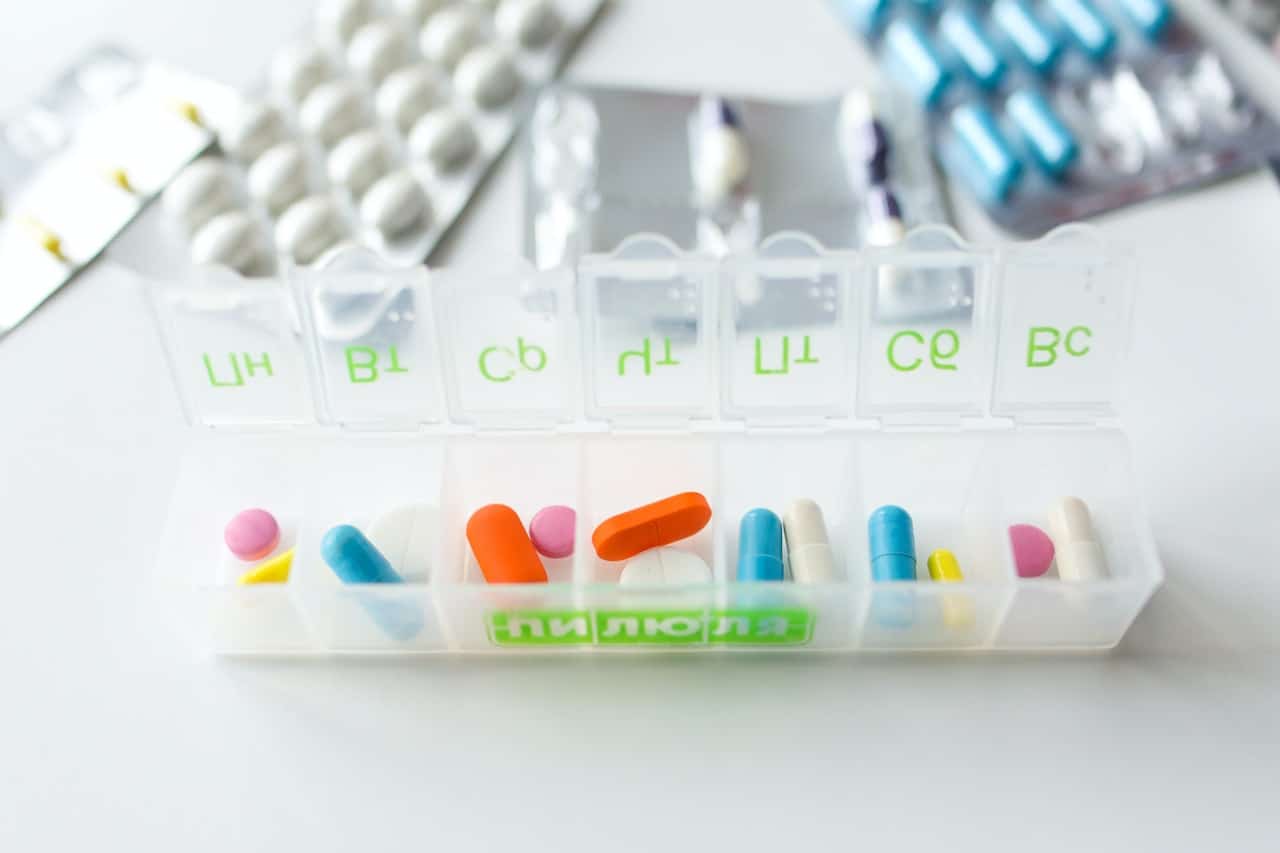If you’re looking for a quick rundown of supplements that will improve your health and well-being, look no further. In this article, I’ve compiled the best natural supplement types for boosting your energy, improving your sleep schedule, and boosting your immunity.
Probiotics
It has been shown to help with digestion and allergies. Probiotics also play a role in immune function, helping to keep your body in fighting shape against colds and flu. Probiotics are found in the gut, and they help to maintain a healthy balance of bacteria. They can be taken as a supplement or found naturally in yogurt and other fermented foods like kimchi, kefir, and sauerkraut. Fish oils Omega-3 fatty acids are an essential part of our diet, but most people get too few omega-3s from their daily diet alone. Taking fish oil supplements is one way to make sure your body gets enough omega-3s.
Probiotics have also been shown to help fight cancer and prevent colon cancer. They can also reduce inflammation in the body, which may help relieve symptoms of irritable bowel syndrome (IBS). While probiotics are usually considered safe, there are some people who shouldn’t take them. If you have an immune disorder or are taking antibiotics, talk to your doctor before taking any supplements that contain live bacteria.
Zinc
Zinc is an essential mineral that is found in every cell of the body. It helps with healing and wound healing, and it is also important for healthy skin, hair, nails, and eyes. Zinc is also important for your immune system. It helps your body fight off infections. Zinc is found in foods such as seafood, meat, and beans. You can also take a supplement containing zinc if you aren’t getting enough from your diet.
Zinc is an important nutrient, but it comes with a few side effects. If you take too much zinc, you may experience nausea, vomiting, or diarrhea. Zinc can also interfere with certain medications that you are taking.
The best food sources of selenium include Brazil nuts, tuna, cod, shrimp, and crab.
Melatonin
Melatonin is a hormone secreted by the pineal gland, which regulates sleep and wakefulness. People with low levels of melatonin may find it difficult to fall asleep at night. In addition, melatonin plays a role in mood regulation and can be useful for treating depression and anxiety disorders.
The best food sources of melatonin include almonds, walnuts, prunes, and bananas. Vitamin B12 Vitamin B12 is a water-soluble vitamin that plays an important role in the functioning of your brain and nervous system. It is also required for red blood cell formation.
Although there are many medications that promote sleep or treat depression, they often come with unpleasant side effects such as drowsiness or dry mouth. Some people prefer natural supplements instead of taking prescription drugs; however, self-medicating with over-the-counter products should only be done under the supervision of a physician trained in complementary medicine who can monitor your condition closely.
Turmeric
Turmeric is a root that can be used in cooking. It also has been shown to have anti-inflammatory properties, so it’s often used as a supplement. It’s unclear how well turmeric works for depression, although some studies have shown that it may be effective. It is important to note that there are many other supplements available on the market and some of them may be more effective than turmeric. One study found that turmeric may be effective for the treatment of depression in people with major depressive disorder. In this study, 30 patients were given either a placebo or curcumin (a derivative of turmeric). Those who were given curcumin had significantly lower levels of depression than those who were given a placebo.
It can be found in Indian cuisine and Ayurvedic medicine.
Vitamin D
It is essential for healthy bones and teeth, as well as helps regulate the immune system. Vitamin D also works to keep your muscles, heart, brain, and eyes healthy.
You can get vitamin D from foods like salmon or tuna fish. It would be best if you also were sure that you have plenty of exposure to the sun each day (about 20 minutes). Many people don’t get enough vitamin D from food alone. If you aren’t getting enough sun exposure or eating foods high in vitamin D then taking a supplement could help fill in any gaps. There’s also some evidence that vitamin D may help to prevent cancer, diabetes, and autoimmune diseases like multiple sclerosis. Vitamin E Vitamin E is an antioxidant found in many foods. It helps to protect your cells from damage caused by free radicals and other harmful molecules.
L-theanine
L-theanine is an amino acid that promotes relaxation. It’s found in green tea, which may explain why it can help you sleep more soundly after drinking one or two cups of tea at night.
The amino acid works by slowing down your brain waves and helping to regulate them so they don’t become too fast or too slow. It also produces alpha waves in the brain, which are associated with relaxation and have been shown to reduce anxiety.
L-theanine has been shown to have positive effects on both physical and mental health, according to a 2016 assessment of the available studies in this area. It appears to have neuroprotective benefits, which enhance brain function, they noted.
L-theanine on its own could enhance one’s focus and response times. Their ability to count and stay aware may improve when combined with caffeine. Because caffeine is a stimulant, it can keep users awake and attentive.
Not all studies, meanwhile, have indicated that L-theanine can enhance people’s cognitive ability. More thorough studies are required to determine how this substance affects people’s cognitive abilities.
FAQs
Which supplements are contraindicated when combined?
Minerals in high doses may compete with one another to be absorbed. Avoid taking calcium, zinc, or magnesium supplements simultaneously. Additionally, these three minerals are gentler on your stomach when taken with food, so if your doctor advises taking them, do so at various meals or snacks.
How important are supplements to us?
The majority of people may obtain all the vitamins and minerals they require by eating a healthy, balanced diet without the need for vitamin supplements. Your body requires modest amounts of vitamins and minerals like iron, calcium, and vitamin C to function correctly.
Can I take my supplements all at once?
Combining supplements typically has no negative effects and, in some situations, may even be advantageous; for instance, vitamin C aids in iron absorption. But certain supplements could interact with one another.
Is it preferable to take vitamin D in the morning or at night?
Scientific evidence to support anecdotal concerns that supplementing at night may interfere with sleep is lacking, even though the ideal timing has not yet been determined. According to a recent study, you can incorporate vitamin D whenever you’d want your routine.
B-complex or a multivitamin, which should I take?
Along with the other necessary vitamins and minerals, the B-complex is present in the majority of multivitamin-mineral supplements. To increase overall micronutrient intake and avoid deficiencies, multiple vitamin-mineral supplements are advised because they are more comprehensive than B-complex vitamins alone.
Conclusion
The best way to know if supplements are right for you is by talking to your doctor. They can help you determine what natural remedies might be appropriate and how much should be taken. Your doctor can also tell if there are any interactions with other medications that could cause problems when using supplements. Thanks for reading!











